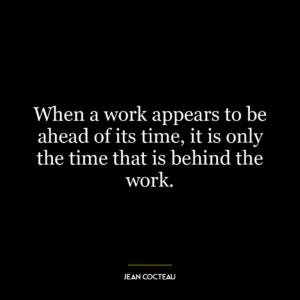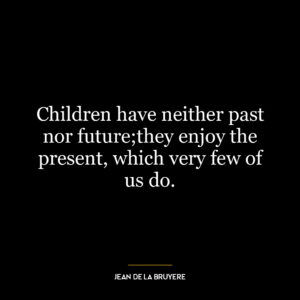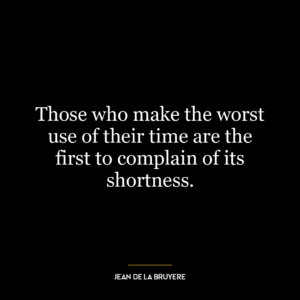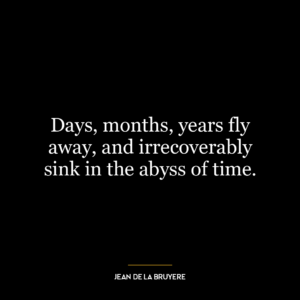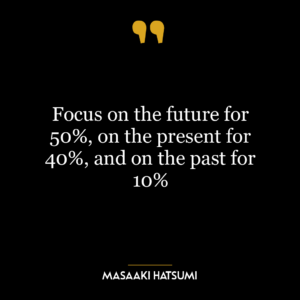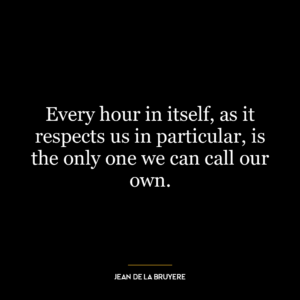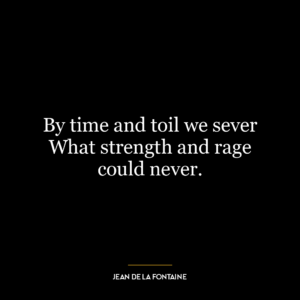This quote is a profound philosophical reflection on the concept of time from a divine perspective. It suggests that God, being eternal and timeless, doesn’t perceive time in the same linear fashion as humans do. Instead, every moment is “Today” for God, implying that the past, present, and future are all the same in His eyes. This concept is deeply rooted in various theological and philosophical traditions, emphasizing the eternal nature of God and His transcendence over time and space.
In practical terms, the quote can be interpreted as a call to live in the present moment. It encourages us to focus on the “Today,” which is the only day marked on God’s calendar. This idea aligns with many mindfulness practices and philosophies that promote the importance of being present and fully engaged in the current moment, rather than dwelling on the past or worrying about the future.
This concept can be applied in personal development and in today’s fast-paced world where people often feel overwhelmed by the pressures of the future and regrets of the past. By adopting God’s perspective of time, we can learn to appreciate the present moment more fully. This approach can help reduce stress, improve mental health, and enhance overall well-being.
Moreover, the quote can also be seen as a reminder of God’s constant presence and His involvement in our lives “Today”. This can provide comfort and reassurance to those going through difficult times, reinforcing the belief that God is always with us, no matter what challenges we may be facing.
In a broader societal context, this quote could inspire a shift in perspective towards long-term sustainability. If every day is “Today” in God’s eyes, then every action we take today has eternal significance. This could encourage more responsible and sustainable practices, as we realize the lasting impact of our actions on the world and future generations.






